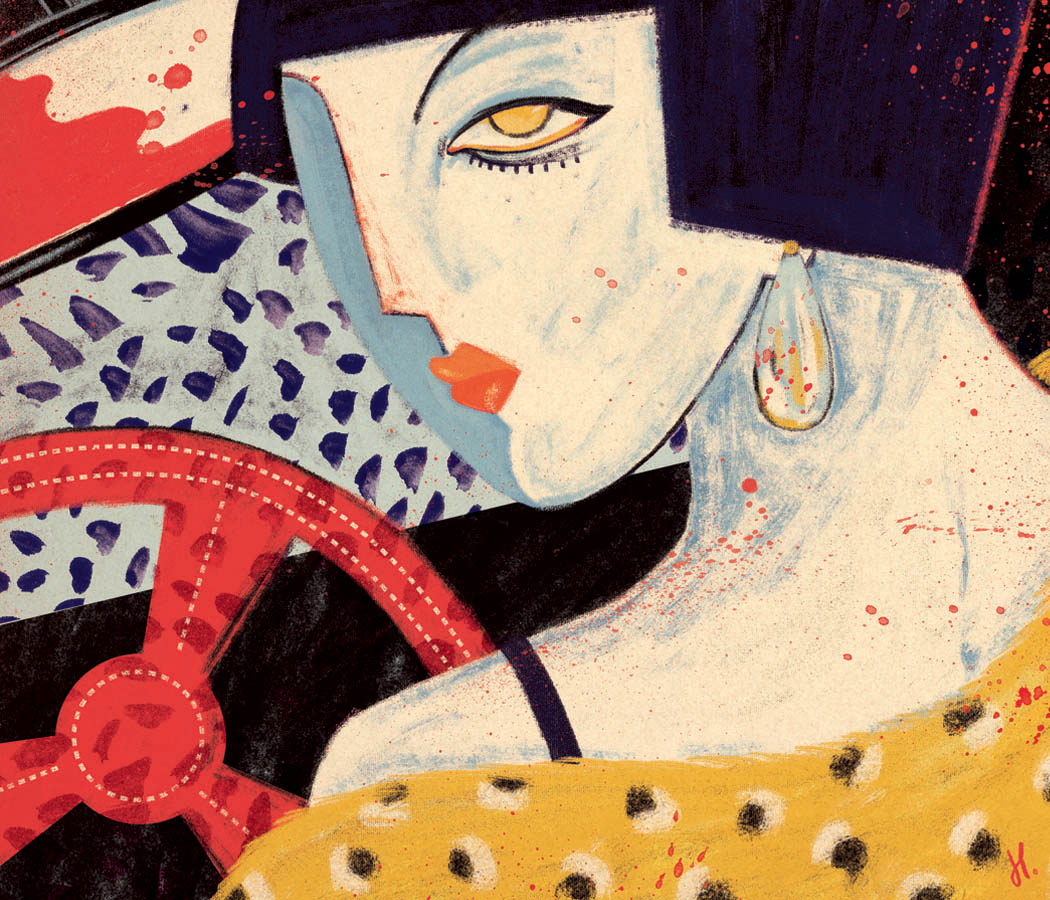Image


You should really subscribe now!
Or login if you already have a subscription.
Gosia Herba is an illustrator in Wrocław, Poland. Her work has appeared in the Washington Post, Strapazin, O the Oprah magazine, and La Nation. She has also designed album cover art for Universal Music in Poland.